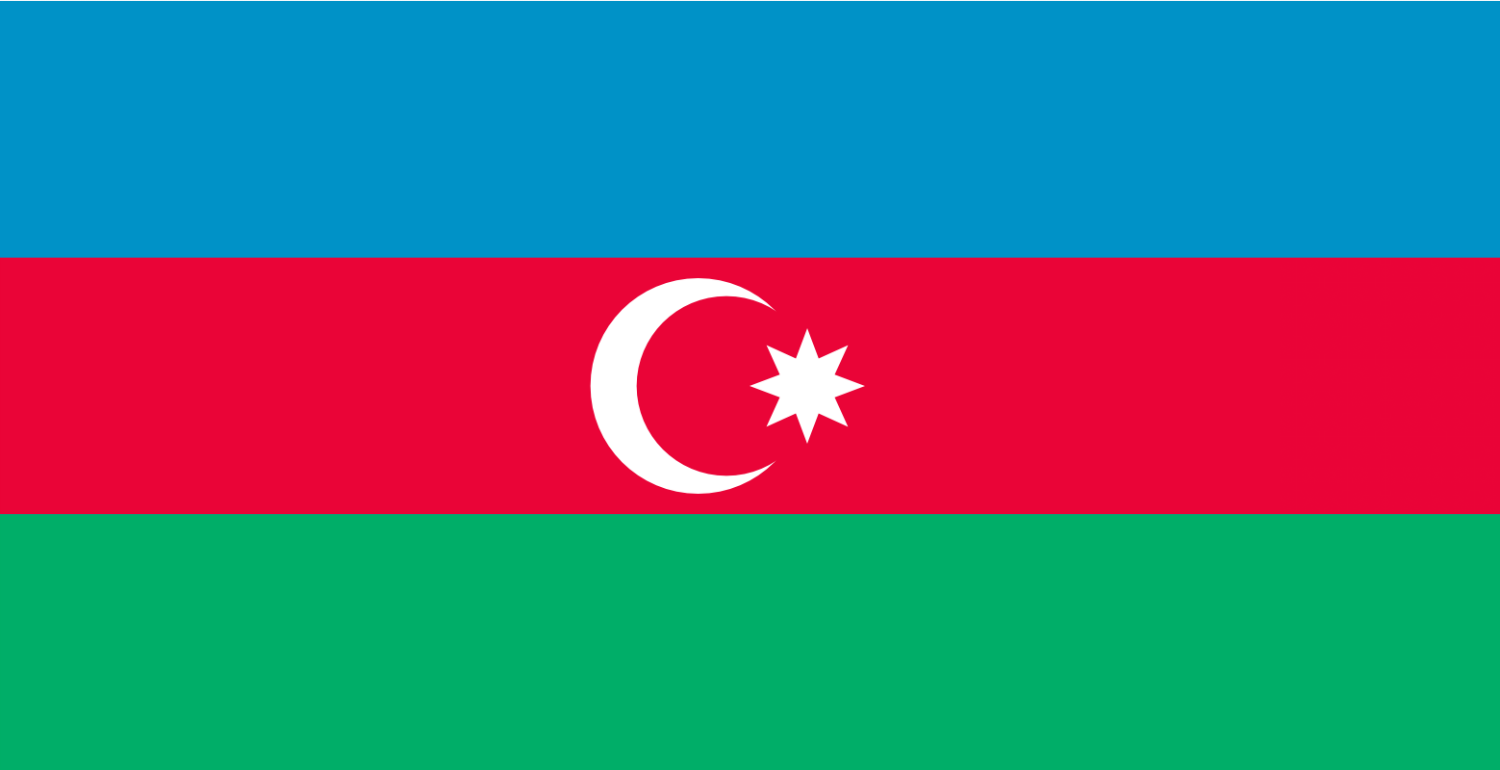This Helsinki Commission delegation was the first to visit the “former Soviet Union” since its breakup in December 1991. It was also the first Commission delegation visit to any of the former republics in their new status as independent countries, and the first ever to Ukraine, Azerbaijan, Tajikistan, Uzbekistan, and Kazakhstan.
Of particular significance was the fact that all the former republics are now full fledged members of the Conference on Security and Cooperation in Europe (CSCE), having been admitted during the meeting of the CSCE Council of Ministers in Prague in late January 1992. Their entry into the CSCE means that all the governments of these newly independent countries have obligated themselves to implement Helsinki commitments, providing a standard by which their progress towards democratization, observance of human rights and free market economic systems can be measured. Moreover, since at least two of these countries — Armenia and Azerbaijan — are, essentially, engaged in hostilities, if not actually a state of war, the CSCE’s mechanisms for conflict mediation and resolution can be brought into play: a test both for the republics, and the CSCE, especially in the aftermath of the Yugoslavia crisis. The fact that the delegation’s visit took place during the CSCE Follow-up Meeting in Helsinki (March-June 1992) offered an appropriate backdrop to this Commission fact-finding mission.
This mission had particular resonance in the Central Asian republics, which have long been neglected in the West. In fact, there had been much debate among CSCE participating States as to whether these republics should be admitted to the Conference on Security and Cooperation in Europe, as they were manifestly not in Europe geographically, or, in many ways, culturally. Nevertheless, the CSCE’s Council of Ministers was persuaded by the argument that the best way to bring Western democratic and free market ideas to the region was to include them in the process.
The visit to Armenia and Azerbaijan was motivated by obvious considerations: the increasingly bloody and alarming conflict between them over Nagorno-Karabakh. From an ethnic dispute that threatened to complicate Mikhail Gorbachev’s reform program, the conflict has ballooned, with the dissolution of the USSR, into a larger regional conflict with international significance that threatens to involve neighboring states, one of which - Turkey — is a NATO member.
From the CSCE perspective, this conflict brings to the fore the inherent contradiction between two equally valid principles of the CSCE: the right of peoples to self-determination, on the one hand; and territorial integrity, with only peaceful change of borders, on the other. Yugoslavia in 1991 had already presented the CSCE with the difficult problem of reconciling these principles; Armenia and Azerbaijan are offering the latest challenge. There is reason to believe — or fear — that this issue will resurface elsewhere on the territory of the former USSR, and the unhappy experience of these two Transcaucasian countries may prove an object lesson that has applicability to other situations.
Reflecting the concern of the CSCE member States about the situation, and in an attempt to resolve the crisis, a decision was taken at the March 1992 opening of the Helsinki Follow-up Meeting to organize a “Conference on Nagorno-Karabakh” which will meet soon in Minsk under CSCE auspices.
Ukraine, meanwhile, is embroiled in its own disputes as it develops its institutions as a newly independent country and CSCE state. Unlike its quarrel with Russia over division of the USSR’s assets, especially the disposition of the Black Sea fleet, some issues have direct relevance to the CSCE. The Crimea, for example, may hold a referendum on its future status (remaining within Ukraine, autonomy, joining Russia, or opting for independence), which reflects the emphasis placed in the CSCE on democratic expression and fair balloting practices. Another area of critical importance is military security and arms control: the disposition of Ukraine’s nuclear arsenal and compliance with the CFE (Conventional Forces in Europe) agreement, when Kiev has not yet reached agreement with Moscow and other capitals of former republics over a unified military that could implement the agreement. Finally, Ukraine’s efforts to build a law-based state and overcome the legacy of 70 years of communism must overcome difficulties of personnel, “old thinking” (a term popular among Moscow’s elite a few years ago), and bureaucratic resistance to change.
The United States recognized all the former Soviet republics as independent countries on December 25, 1991, but established diplomatic relations only with Russia, Ukraine, Belarus, Armenia, Kazakhstan and Kyrgyzstan. Establishment of formal diplomatic relations with the others was put off, pending satisfactory assurances of commitment to human rights, democracy, responsible arms control policies, and a free market economic system. This “two-tiered” approach drew criticism, however, for risking the alienation of the “second-tier” states and the potential loss of American influence, I especially with the January 1992 decision by the CSCE to admit the former Soviet republics as full members. In February, the Bush administration signalled its intention to establish diplomatic relations with all the former Soviet republics. The result was the speedy opening of U.S. Embassies in the newly independent countries, which was enthusiastically greeted by the leaderships and opposition forces. Effectively, therefore, the United States is the only Western country with fully-functioning Embassies in all the new countries visited by the Helsinki Commission.










